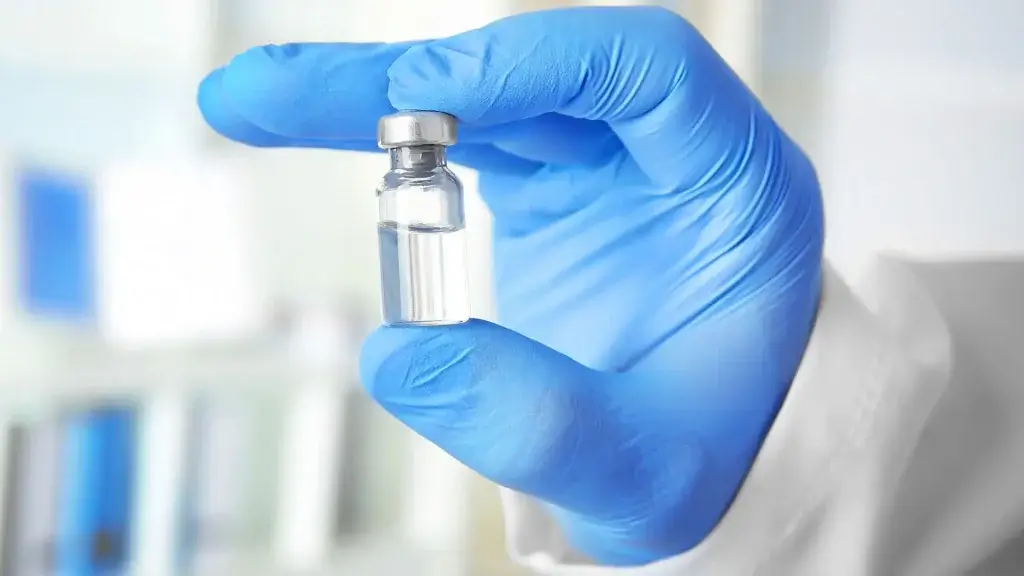Educational Program

Professionals in Research and Development, Regulatory, Quality Management, Technical and Clinical Sector Auditors and Consultants from companies or organizations such as:
Course Duration: 1 day
The main objective of the course is to inform and raise awareness of all professionals in the broader healthcare sector regarding the changes brought by the new European Medical Device Regulations MDR 745/2017 and IVDR 746/2017, in the Circulation of Medical Devices (from Import into the Community and Circulation, to Supply and Disposal to the user).
The participants will recognize the changes in the legislation and identify the points of the Circulation processes affected by them.
An explanation is given of the Compliance of Medical Devices in the context of the New Regulations and the Economic Operators involved in the supply chain with the addition of practical references to the methodology of approaching the compliance and the required documentation (Certificates, Declarations of Conformity etc.) as appropriate.
It is estimated that this training is necessary for every professional in the sector since it contributes directly to the difficulty of managing the new requirements, to the achievement of a smooth transition of organizations and individuals to the new Regulations and in the emphasis of giving spirit and substance to the implemented changes.
To inquire about the cost of the courses contact us. BQC adjusts its pricing policy for the unemployed and for students. Every second participation from the same company will have a 10% discount.
The training methodology includes lectures, practice and teamwork.
In this context, the participants are asked to carry out group and individual exercises, role playing exercises, and evaluation tests that aim to develop their skills (time management, teamwork, cooperation).
In the end, a satisfaction questionnaire is distributed to the participants in order to evaluate the results of their training and the achievement of its objectives.
For the implementation of the training courses, renowned lecturers are selected, with extensive knowledge and experience in the field of Management Systems and, by extension, on the standards.
BQC, by recognizing modern trends in the field of Training, has created a wide network of experts and trainers around the world, which it uses to offer high-level knowledge and experience in the field of Education.
The training courses offered by BQC are certified by the Accredited Personnel Certification Body, a member of the IPC, thus providing the possibility of issuing accredited certificates of international recognition according to the ISO/IEC 17024:2012 standard to those successfully participating in them.